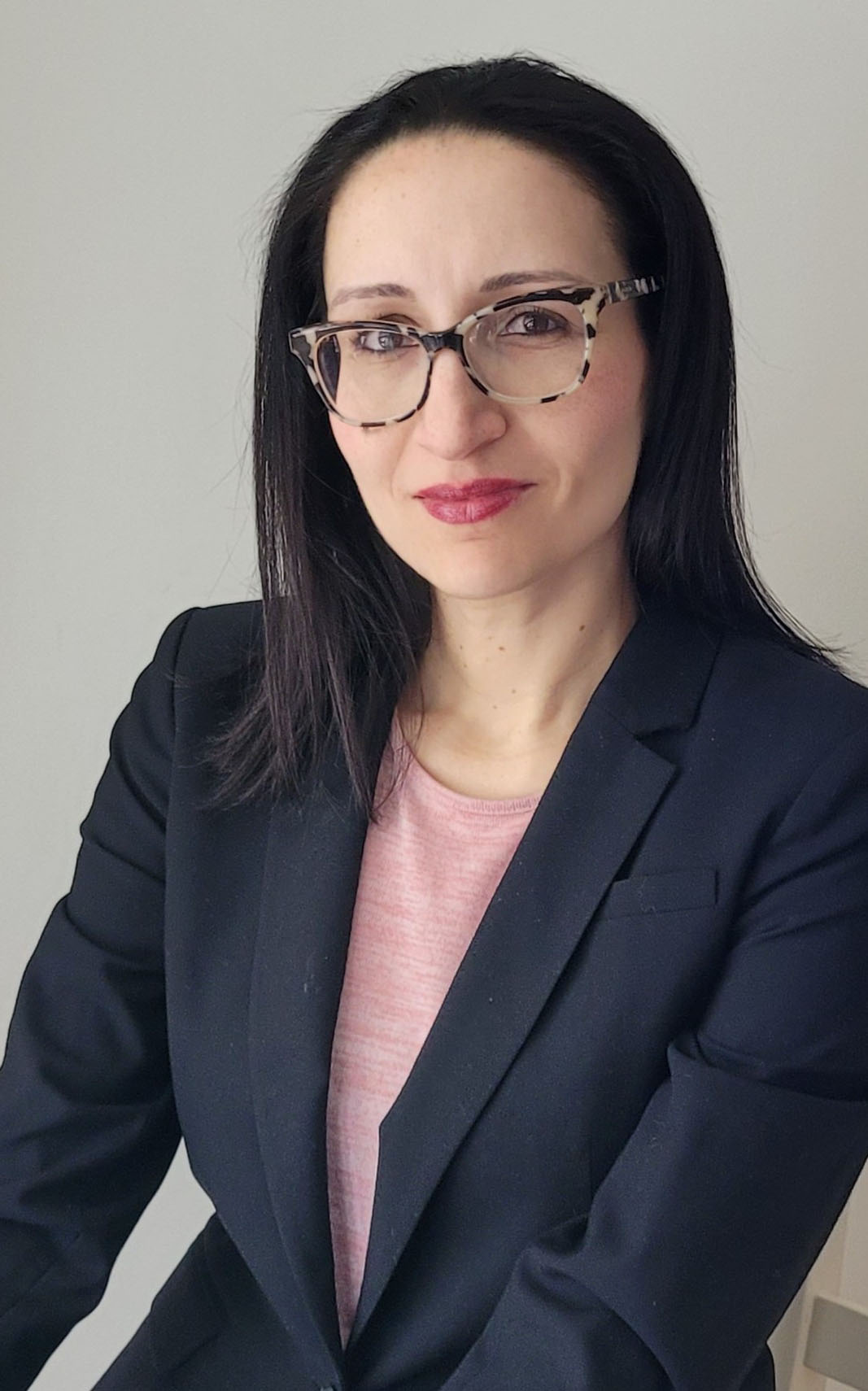TESOL members in good standing who:
- Have been a classroom teacher for a minimum of two years.
- Have personally designed and used the materials for this award.
To honor three TESOL members who have achieved excellence through the implementation of technology in ELT, this award was created in 2018 and is presented by Ron Chang Lee.
Ron Lee started in language technology by developing his website in 1994. He is considered a pioneer in CALL (Computer Assisted Language Learning). After that, Ron launched another site to host more free English learning materials, which help ELT instructors and students.
TESOL members in good standing who:
First Place: U.S.$1000
Second Place: U.S.$750
Third Place: U.S.$500
Criteria for Evaluating Applications
Submit a lesson using original, innovative CALL pedagogical materials directly applicable to ELT teaching and appropriate for the teaching context within which they have been implemented.
Submissions specific to English language learning should demonstrate CALL technology in teaching, for example, lessons using computers, software, websites, classroom tools, mobile devices, apps, digital resources, augmented/virtual reality, or online games.
All submissions must contain implementation guides (directions or lesson plan), and demonstrate principles of language pedagogy or methodology as reflected in the TESOL Technology Standards Framework. The technology lesson must have been used in teaching within two years of the award application. The work will be evaluated using the following criteria.
Please note that research papers on technology do not count as eligible lessons for this award.
Directions include a clear indication of language level and target population.
For more details, please see the Evaluation Rubric.
Please submit the following information.
Apply Now
The application deadline is 15 September.

Rachel Toncelli is a lecturer at Northeastern University and Suffolk University in Boston, Massachusetts, where she teaches English language courses to undergraduate and graduate international students. Rachel received her master’s in TESOL from Rhode Island College and her doctorate in curriculum, teaching, learning, and leadership from Northeastern University.

Ilka Kostka is a teaching professor at Northeastern University in Boston, Massachusetts, where she teaches English language courses to graduate and undergraduate international students. Her interests include source-based writing instruction and applications of generative artificial intelligence to English language teaching. She is the secretary of Northern New England TESOL.
This website uses cookies. A cookie is a small piece of code that gives your computer a unique identity, but it does not contain any information that allows us to identify you personally. For more information on how TESOL International Association uses cookies, please read our privacy policy. Most browsers automatically accept cookies, but if you prefer, you can opt out by changing your browser settings.